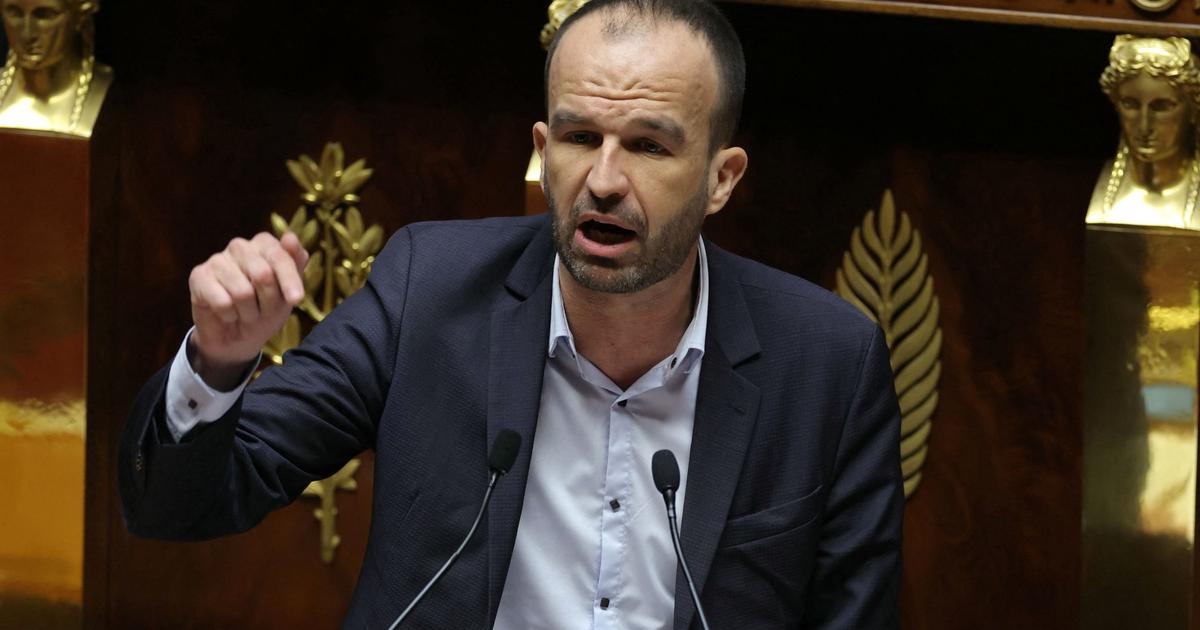The threshold clause is intended to prevent parliament from splintering too much.
Since its
introduction
, it has been
criticized
time and again
Different threshold clauses are
used
at different parliamentary levels
For the
European elections in 2024
, a threshold clause could be applied again for the first time
- The Federal Constitutional Court is located in Karlsruhe -
Karlsruhe - The
threshold clause
is a mechanism that
occurs
in
proportional representation
.
Simply stated, it means that a party or a person only
receives
a
mandate
if they
do not fall below
a certain
percentage of the vote
.
There are threshold clauses in many countries of the
European Union
, and in
Germany
they are also used on many levels of political decision-making.
Although they are supposed to prevent the fragmentation of parliament, they were and are not free from
criticism
.
Origins of the most famous threshold: the five percent hurdle
Many will have heard of the so-called five percent hurdle at school.
It describes the threshold clause at the
Bundestag level
.
However, due to the federalism system, there are different levels of government and parliaments that
apply
different threshold clauses
:
State parliaments
work with different threshold clauses, often also with
five percent
As a
rule,
no threshold clause
applies to
local elections
City-states
like Berlin or Hamburg rely on a
three percent
hurdle
for district elections
The reason for the application of a threshold clause in Germany goes back to the
Weimar Republic
.
One of the reasons for the
failure of the Weimar Republic
is the fragmentation of the then parliament.
Up to 17 parties
were in the Reichstag at the same time and thus ensured political
destabilization,
because
building consensus was
almost impossible
with so many political actors
.
Therefore, in
1953,
the
five percent hurdle was
anchored
in the Basic Law to prevent the history of the fragmentation of the Bundestag from repeating itself.
The threshold as a blockade of progress?
Over the years there have been repeated discussions about the
political legitimacy of the threshold clause
.
The pros and cons are
still relevant today
.
Advocates of
the threshold clause
argue
that in this way they
can
keep small parties out of the Bundestag
, at the time with a view to the NPD or the Republicans, who therefore only made it into state parliaments without a threshold clause.
Also,
the hurdle is in fact not final
: Anyone who
receives
three
direct mandates
is allowed to move into the Bundestag, regardless of the voting share and threshold clause achieved.
This exception is
called the
basic mandate clause
.
Opponents of the threshold clause
, on the other hand, criticize the fact that its application means that a large number of electoral votes are not taken into account.
In 2013 almost 16% of all votes cast were later not represented in the Bundestag.
Opponents of the threshold clause believe that
small parties
and thus
new ideas
would find it difficult to make it into the Bundestag.
Elimination clause: not (yet) in the European elections
The handling of the threshold clause in the election of the
European Parliament
is completely different
.
Until 2011
, the five percent hurdle also existed here for Germany.
However, the
Federal Constitutional Court
considered their application
unconstitutional
and pointed to the
differences between the Bundestag and Parliament
: the European Parliament
does not
elect
a government
and a large number of participating parties would
not have a demonstrably
bad effect on the political process.
After the Federal Constitutional Court declared the five percent hurdle in European elections to be unconstitutional, the EU relented and set a
three percent hurdle
for the 2014 election
, which was again rejected by the Federal Constitutional Court.
Since
2014
,
there has been no threshold clause in
Germany in
European elections
.
In recent years, however, politicians in the grand coalition of the
SPD and CDU / CSU have
increasingly advocated the
reintroduction
of a threshold clause.
Together with European colleagues,
a Europe-wide threshold clause
was passed in 2019
that could prevent micro-parties such as Die PARTEI, die Piraten or Free Voters from entering parliament.
It will only be applied in the
European elections in 2024
.
A ruling by the Federal Constitutional Court is still pending.
Here are a few backgrounds to the #locking clause, which - at the instigation of the BReg - should apply from the next #European elections in 2024.https: //t.co/wyusu91xlX
- parliamentwatch.de (@a_watch) May 26, 2019






/cloudfront-eu-central-1.images.arcpublishing.com/prisa/JKNMV5QC6BOTHMYCTVK4JK4J7I.jpg)

